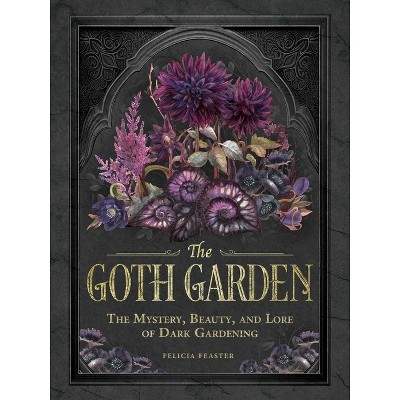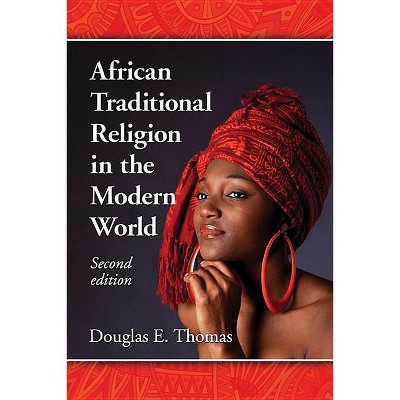Sponsored

The Psychopathology of the Gothic Romance - by Ed Cameron (Paperback)
In Stock
Sponsored
About this item
Highlights
- This book uses clinical psychoanalytic theory to illustrate how early British Gothic fiction reveals undercurrents of psychopathological behavior.
- About the Author: Ed Cameron is professor of English at the University of Texas-Rio Grande Valley in Edinburg, Texas.
- 215 Pages
- Literary Criticism, General
Description
About the Book
This book uses clinical psychoanalytic theory to illustrate how early British Gothic fiction reveals undercurrents of psychopathological behavior. It demonstrates that psychological insights gained from Gothic romance anticipate the later scientific findings of psychoanalysis. Chapters consider the division of the Gothic novel's critical reception between allegory and romance; how the structure of early British Gothic romance parallels Freud's notion of the uncanny; the genre's perverse origins in Walpole's The Castle of Otranto; sexual differentiation and the parallel between development of Gothic romance an development of the psyche; Ann Radcliffe and the terror of hysteria; Matthew Lewis and obsessional neurosis; and the confusion between self and other in Hogg's The Private Memoirs and Confessions of a Justified Sinner.Book Synopsis
This book uses clinical psychoanalytic theory to illustrate how early British Gothic fiction reveals undercurrents of psychopathological behavior. It demonstrates that psychological insights gained from Gothic romance anticipate the later scientific findings of psychoanalysis. Chapters consider the division of the Gothic novel's critical reception between allegory and romance; how the structure of early British Gothic romance parallels Freud's notion of the uncanny; the genre's perverse origins in Walpole's The Castle of Otranto; sexual differentiation and the parallel between development of Gothic romance an development of the psyche; Ann Radcliffe and the terror of hysteria; Matthew Lewis and obsessional neurosis; and the confusion between self and other in Hogg's The Private Memoirs and Confessions of a Justified Sinner.
Review Quotes
"This view of Gothic is brilliantly argued, impeccably logical, and internally consistent... This is a book that all students of the Gothic should read."-Gothic Studies; "intriguing...a significant achievement and a noteworthy addition to the study of the literature of the uncanny"-Irish Journal of Gothic and Horror Studies.
About the Author
Ed Cameron is professor of English at the University of Texas-Rio Grande Valley in Edinburg, Texas. He has published numerous articles relating to psychoanalysis and the Gothic.





